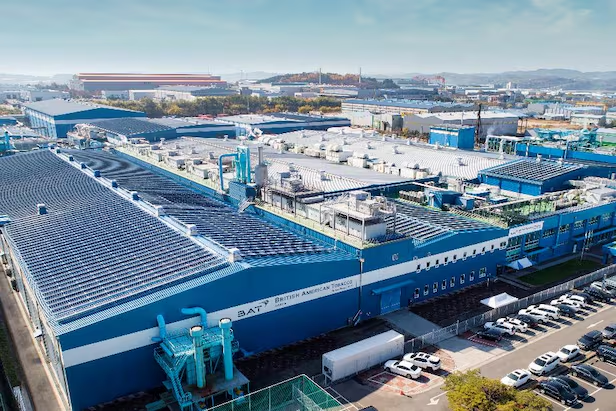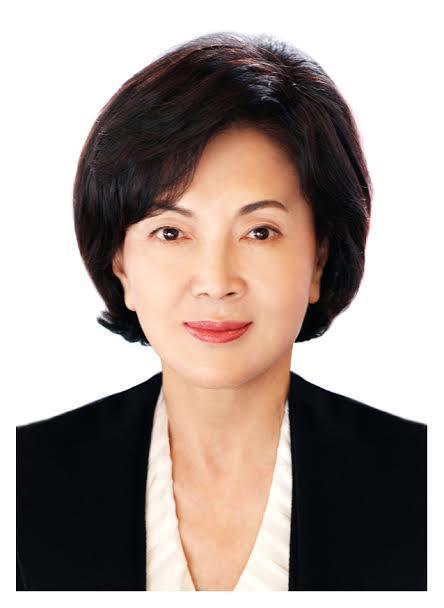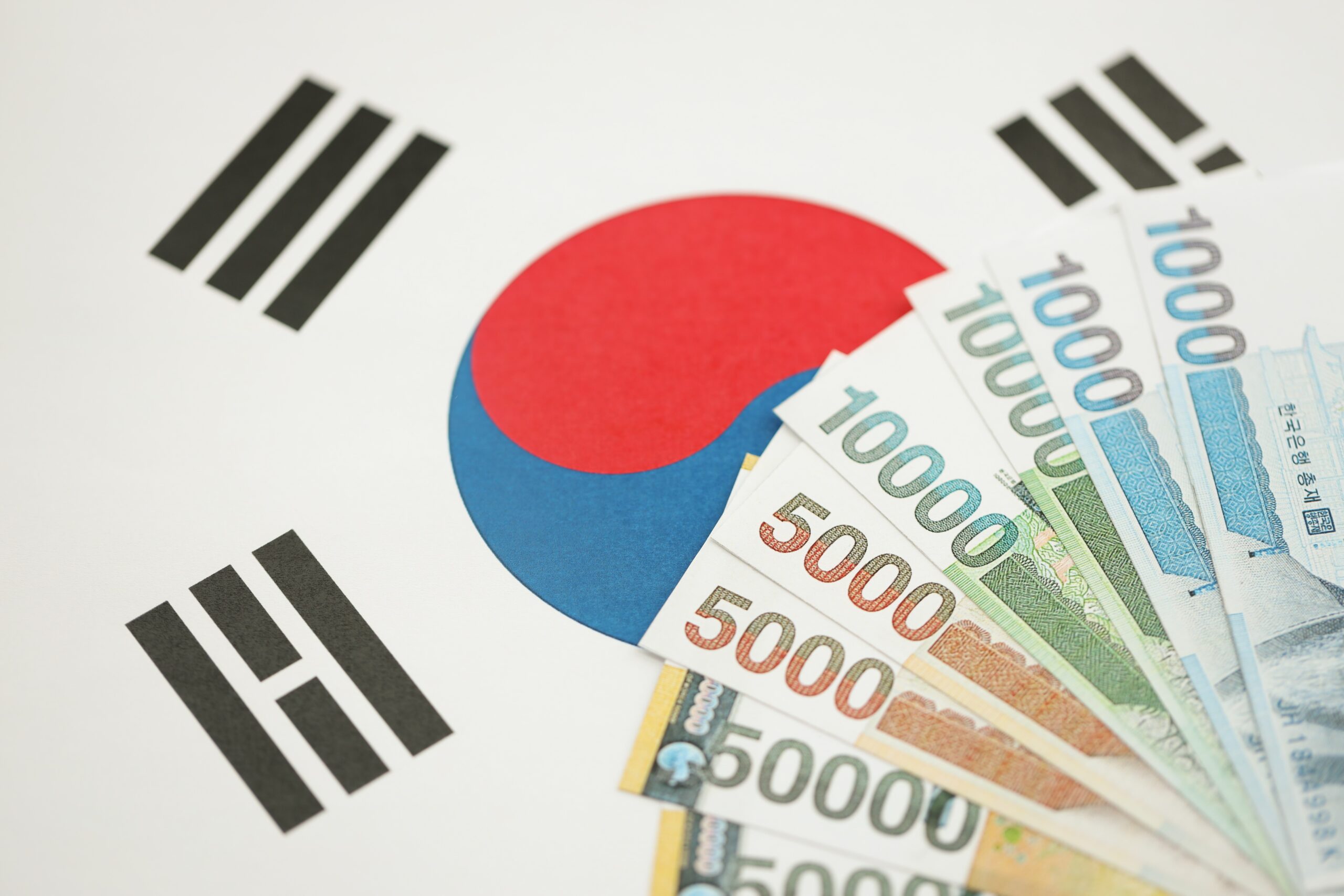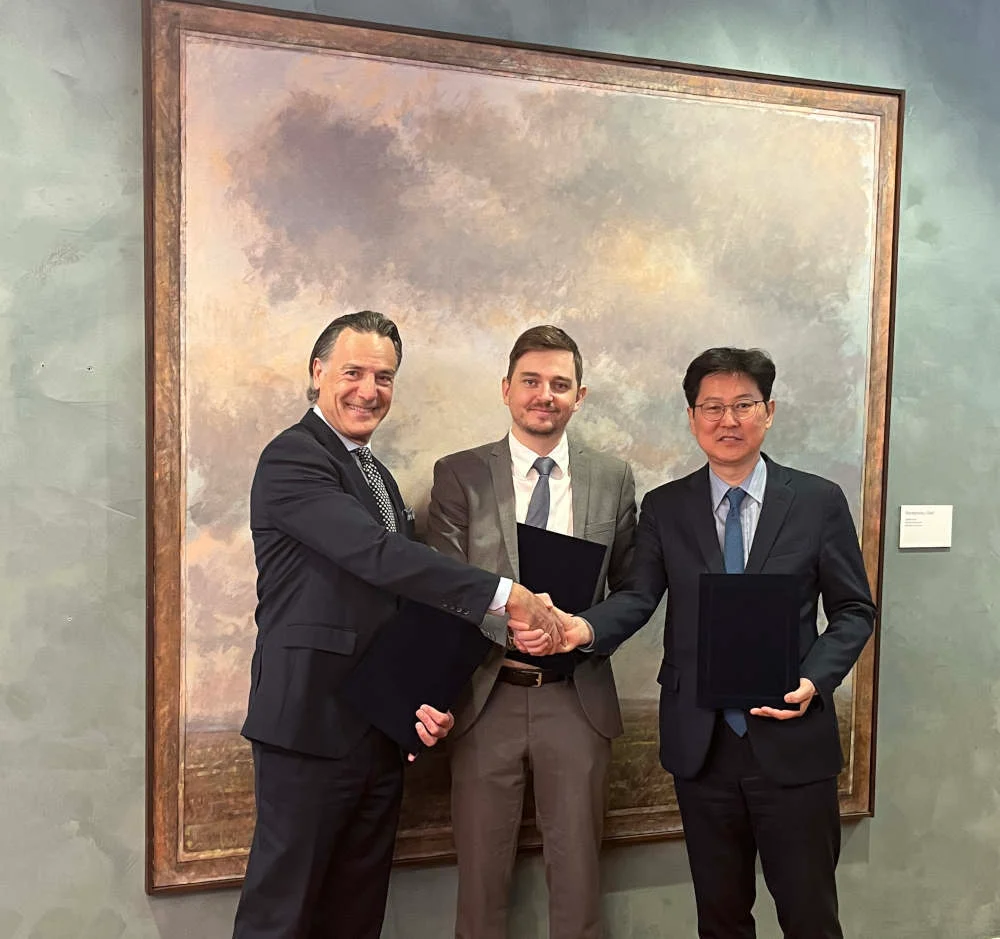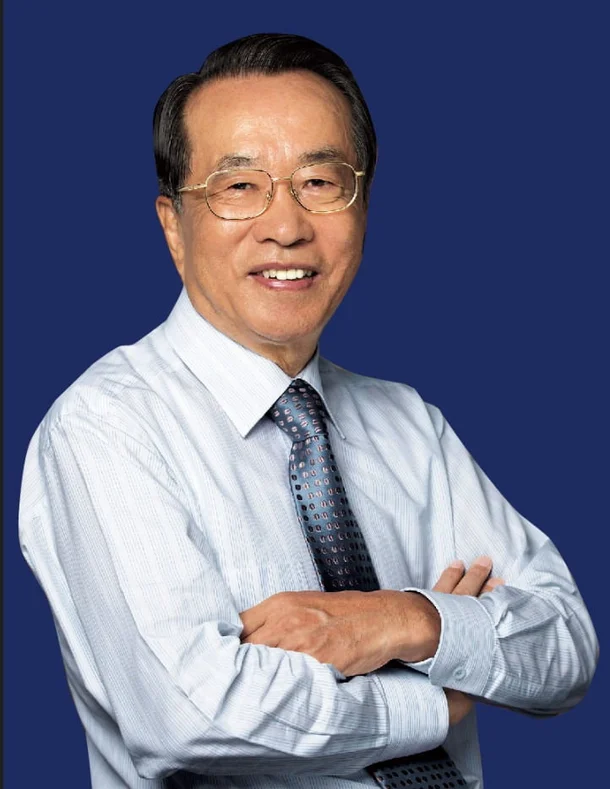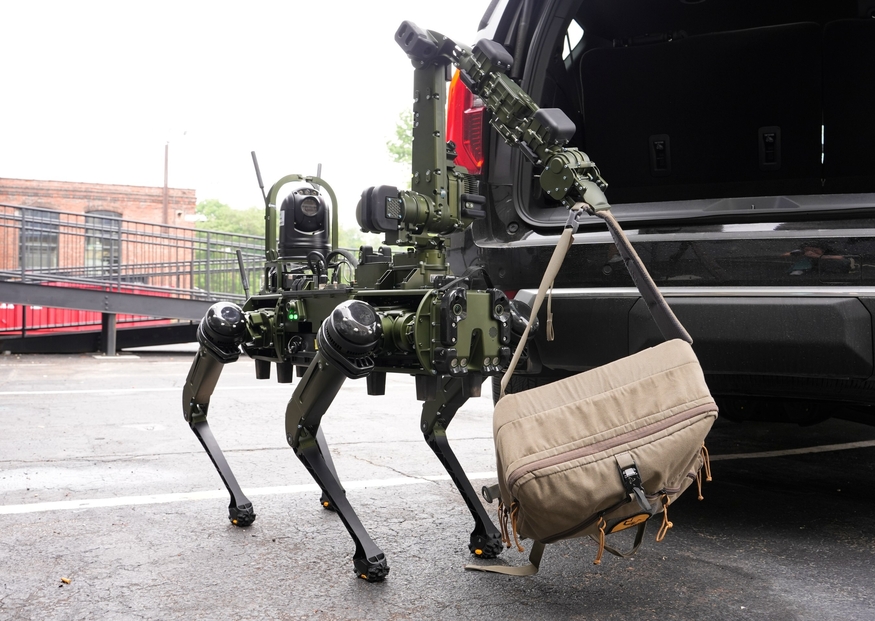
Samsung Electronics posted its strongest earnings in more than two years, signaling a decisive turnaround in its semiconductor business and highlighting the company’s growing role in supplying critical components to the U.S. artificial intelligence boom.
The South Korean tech giant reported operating profit of roughly $8.4 billion in the third quarter, beating market expectations by more than 17%. The rebound was driven primarily by its semiconductor division, which benefited from rising DRAM prices and surging global demand for high-bandwidth memory (HBM) chips-key components for training and operating advanced AI models.
Samsung ‘s turnaround comes at a pivotal moment for the U.S. technology industry. American companies like OpenAI, Nvidia, and AMD are racing to secure memory chips for massive AI infrastructure projects. Samsung recently agreed to supply advanced memory for OpenAI’s $490 billion “Stargate” initiative and is preparing to deliver next-generation HBM3E chips to Nvidia while moving ahead with HBM4 certification. These moves position Samsung as an increasingly important part of the U.S. AI hardware supply chain, historically dominated by TSMC and U.S. memory maker Micron.
For Washington, Samsung’s rebound intersects with broader strategic goals to secure reliable semiconductor supply chains. As U.S. policymakers push for domestic chip production through the CHIPS Act, they also depend on close partnerships with key Asian suppliers to meet the explosive growth in AI-related computing demand. Samsung’s ability to ramp up memory production could ease some of the supply pressures facing U.S. companies as they expand data center capacity.
The company’s earnings improvement also reflects shifting dynamics in the global chip race. While Samsung had previously lagged behind rivals in the HBM market, the latest quarter shows clear signs of recovery. Its semiconductor unit generated an estimated $4.2 billion in operating profit, up sharply from just $280 million three months earlier. Analysts expect this momentum to continue as AI investment accelerates and U.S. firms deepen their reliance on Samsung’s memory products.
“Samsung is poised to post the fastest growth among the top three memory makers next year as its HBM business expands to new customers,” said Ryu Young-ho, an analyst at NH Investment & Securities. He added that strong pricing in commodity memory is likely to support contract terms for HBM.
While Samsung’s smartphone and display businesses remained solid, it’s the company’s chip operations-and their implications for the U.S. AI ecosystem-that investors and policymakers are watching most closely.


